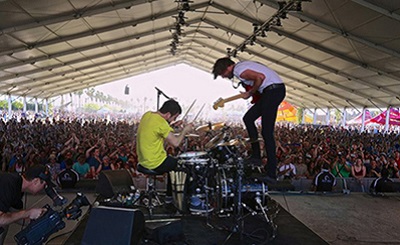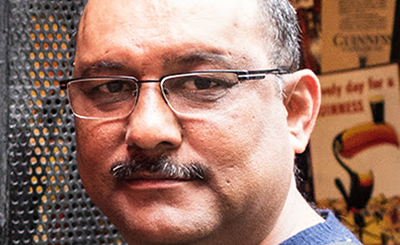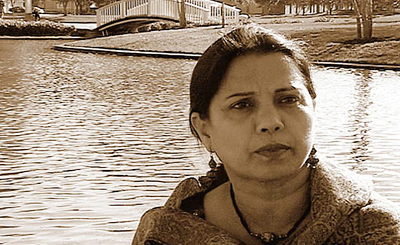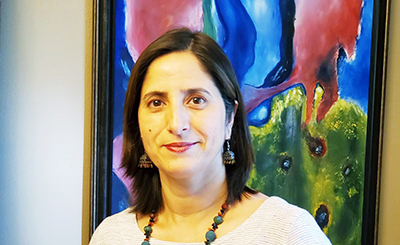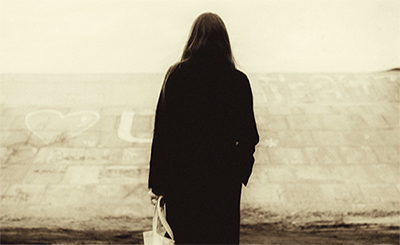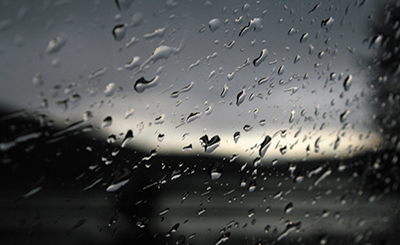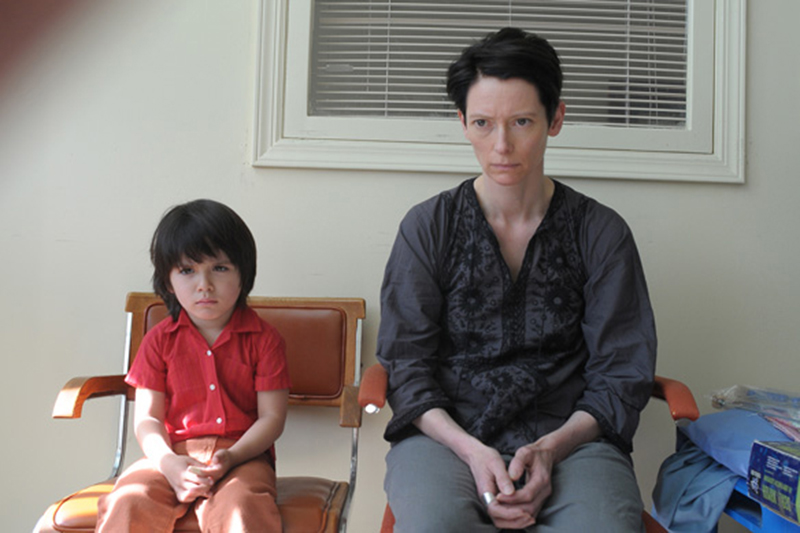
A still from We Need to Talk About Kevin
‘Dear God, I am not a son of a bitch. Please.’
That line was echoed by Jack Torrence in The Shining by Stephen King. Torrance was a downright deranged loon. He was a belligerent alcoholic writer who lived with his wife Wendy and son Danny, who wields a special psychic power known as “the shining”. Eventually, Jack gets possessed by the demonic spirit and tries to kill his own family. After bashing down the bathroom to attack his wife, he chased his son with a croquet mallet. Eventually, he died which might have been the nicest thing he did for his son. That was not before breaking his Danny’s hand in a fit of alcoholic rage, and tackling other demons while spewing out lines such as “Am not going to hurt you, I just want to smash your brains in”. Blame it on Jack’s troubled past as a victim of an abusive alcoholic father, or on the vicious energy of the hotel he is hired to manage that magnifies his demons.
The Shining is a disturbing book, which was thought to be partly autobiographical of King’s life. But what makes reading it so engaging — yet scary — is the brilliantly weird father-son relationship between Jack and Danny, which throws away all accounts of normalcy out of the window.
But isn’t that the beauty of fiction. That it allows you to turn fathers or filial figures into murderers, lovers, criminals, thieves, benefactors, badass bisexual beasts or just regular everyday heroes. No matter their nature — as beacons of domesticity or as vicious blood-sucking demons; as main characters or as the ensemble cast serving as pivotal wallflowers to the plot, daddies and their issues (quite literally) are an instant page-turner. Mr Bennet in Pride and Prejudice is a great example of a good dad. He used sarcasm and a strong dose of wryness to get through his life as the long suffering husband of Mrs Bennet and as the father of opinionated gaggle of five unmarried daughters. Examples of wholesome organically good dads are plentiful in fiction. In complete contrast to King’s Torrance are Charles Dickens’paternal figures in Great Expectations. Pip, the narrator, trails along a journey where he ends up with two father figures. In clever Dickensian manner, each of these figures offers something the other doesn’t to compensate for the absence of a real father. There’s Pip’s brother-in-law, Joe Gargery who raises him as a son and his benefactor, Abel Magwitch who makes him into a gentleman of the world. A similar relationship is observed between Theo Decker and James Hobart in Donna Tartt’s The Goldfinch. When Theo’s mother dies in an explosion in the museum and his wastrel alcoholic father is nowhere to be found, Theo ends up with a charming old furniture restorer called Hobie who comforts and cajoles him as his own.
There are dads that fall somewhere on the periphery of the “in-between” category that make them somewhat good-ish examples. There is Franklin Plaskett in Lionel Shriver’s We Need to Talk about Kevin. As a father, Franklin indulges Kevin a little too much. Neither will he discipline him nor acknowledge that he has a problem. And so he is severely punished for his ineffectual parenting. Another interesting kinda-sorta-not really father figure-ish relationship occurs in Nick Hornby’s fabulous coming-of-age novel, About A Boy. Will Freeman is a 38-year-old kidult slacker who lives off the substantial royalties acquired by a Christmas hit song his father wrote, and Marcus is a socially inept 12-year-old who navigates life with his depressive and suicidal mother. The book smartly explores the fear of fatherhood and the responsibility that comes with being a role model.
Page
Donate Now
More from The Byword
Comments
*Comments will be moderated




